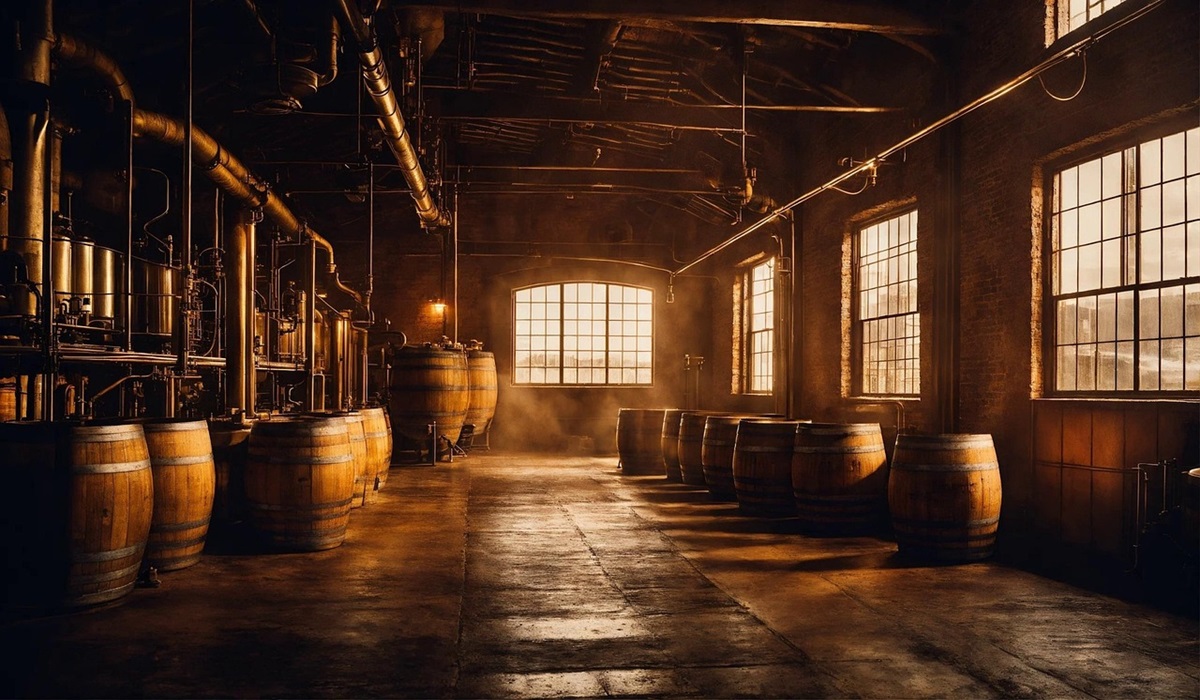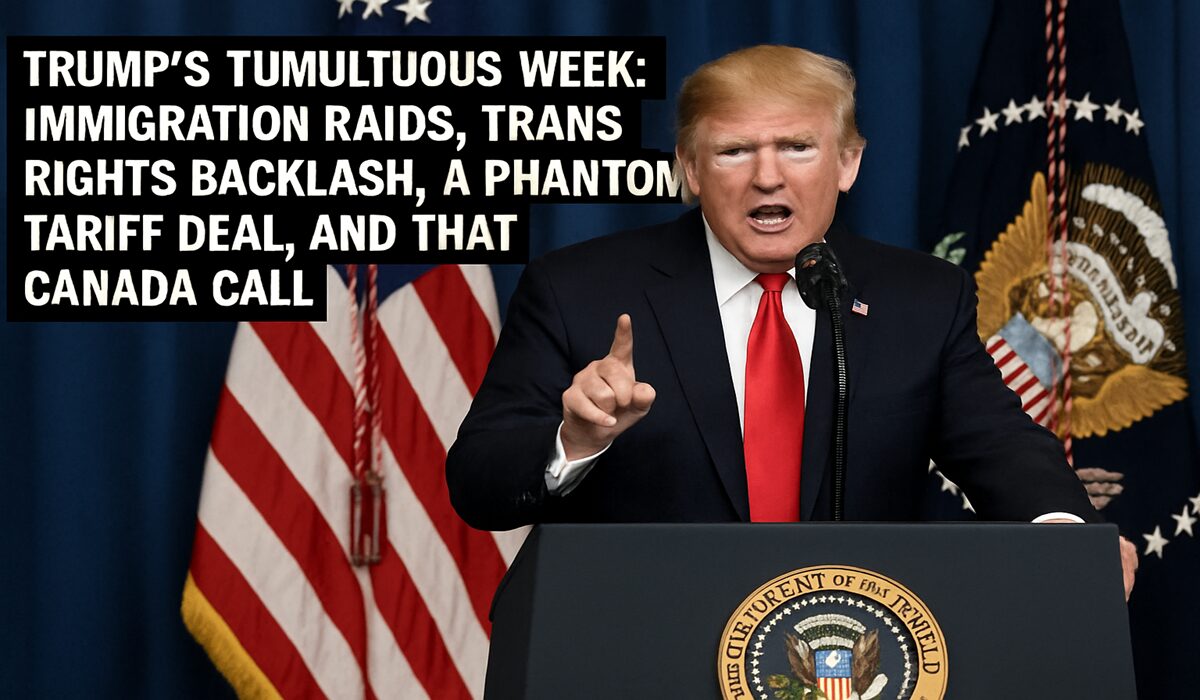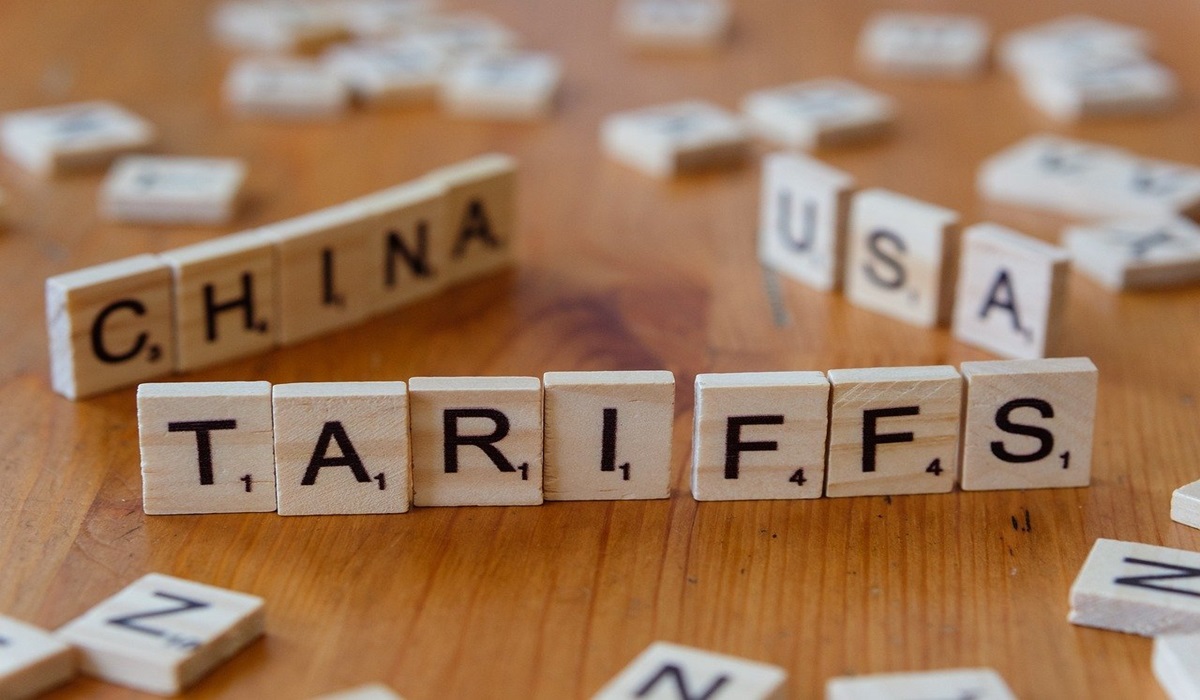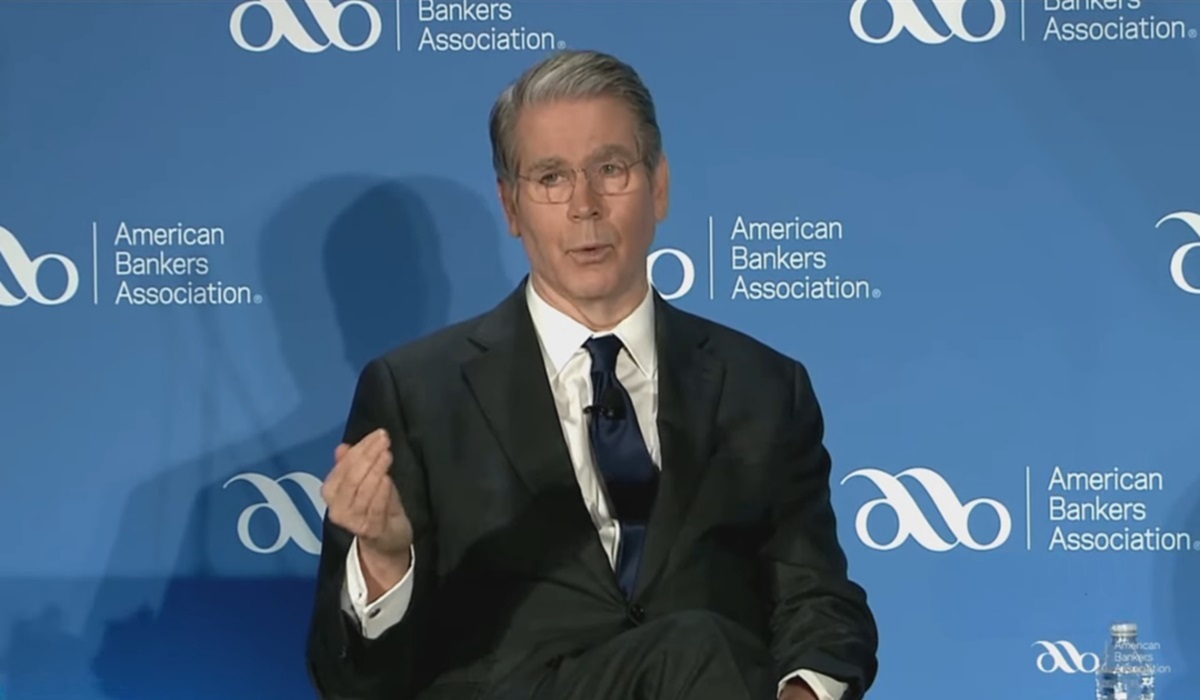From Barrel to Bust: How Trade Retaliation Crippled Kentucky’s Bourbon Industry
- Ingrid Jones
- U.S.A
- March 30, 2025

Image Credit, Julius H
Kentucky’s bourbon industry, a cornerstone of the state’s identity and economy, is feeling the squeeze as international trade tensions escalate. Once a thriving export to Canada and Europe, bourbon has become the latest casualty in the crossfire of tariffs and retaliation measures that are now threatening jobs, halting sales, and jeopardizing the future of a multibillion-dollar industry.
It started with the U.S. imposing tariffs on steel and aluminum imports. Canada and the European Union didn’t wait long to strike back, slapping retaliatory tariffs on a range of American products—including bourbon. For Kentucky, this was a direct hit. Canada alone has long been the largest importer of Kentucky bourbon, and now, sales there have all but stopped. Liquor store shelves in Canadian provinces are increasingly absent of American whiskey, and European buyers are pulling back, unwilling to swallow a 50% tariff hike.
The consequences are reverberating through the state. From the massive Brown-Forman Corporation, maker of Jack Daniel’s and Woodford Reserve, to family-run distilleries trying to scale up, the pain is being felt at every level. Brown-Forman recently announced layoffs and the shuttering of its cooperage in Louisville, impacting more than 200 workers. Smaller distilleries say they’re trapped in uncertainty, unable to plan for the next quarter, let alone the next year.
This isn’t just about bourbon aficionados missing their favorite bottle overseas. This is about the thousands of Kentuckians who rely on distilleries for their livelihoods—warehouse workers, coopers, bottlers, marketers, and the farmers growing the corn and rye that form the backbone of America’s native spirit. With barrels aging but not moving, and orders slowing to a trickle, paychecks are suddenly in jeopardy. And for many, there’s no fallback plan.
While President Trump is feeling the pressure from domestic producers and trade groups, he’s not signaling a retreat. Instead, he’s doubled down, threatening even larger tariffs on countries he accuses of ganging up on the U.S. economically. It’s a risky game of brinkmanship—and bourbon producers are caught in the middle. They don’t care about the politics; they just want to get their bottles back on shelves and their workers back to full hours.
Kentucky lawmakers, including both Republicans and Democrats, have put on a rare united front to push back against the trade war’s impact on bourbon. But their pleas may fall on deaf ears if the administration refuses to budge. Meanwhile, every day that passes without resolution chips away at an industry that has become both a symbol of American craftsmanship and a vital driver of the state’s economy.
If there’s no quick fix, the long-term damage could be severe. Distilleries may look elsewhere—perhaps to untapped Asian markets—but the loss of trusted and profitable trade partners like Canada and Europe is not easily replaced. And with labor already being cut and barrels sitting idle, the once-booming bourbon renaissance could sour into a bust.
Trade wars aren’t abstract policy battles. They’re felt most acutely by the people whose lives depend on the industries caught in the crossfire. In Kentucky, that means the bourbon workers who’ve spent years building a legacy—now at risk of being poured down the drain.








